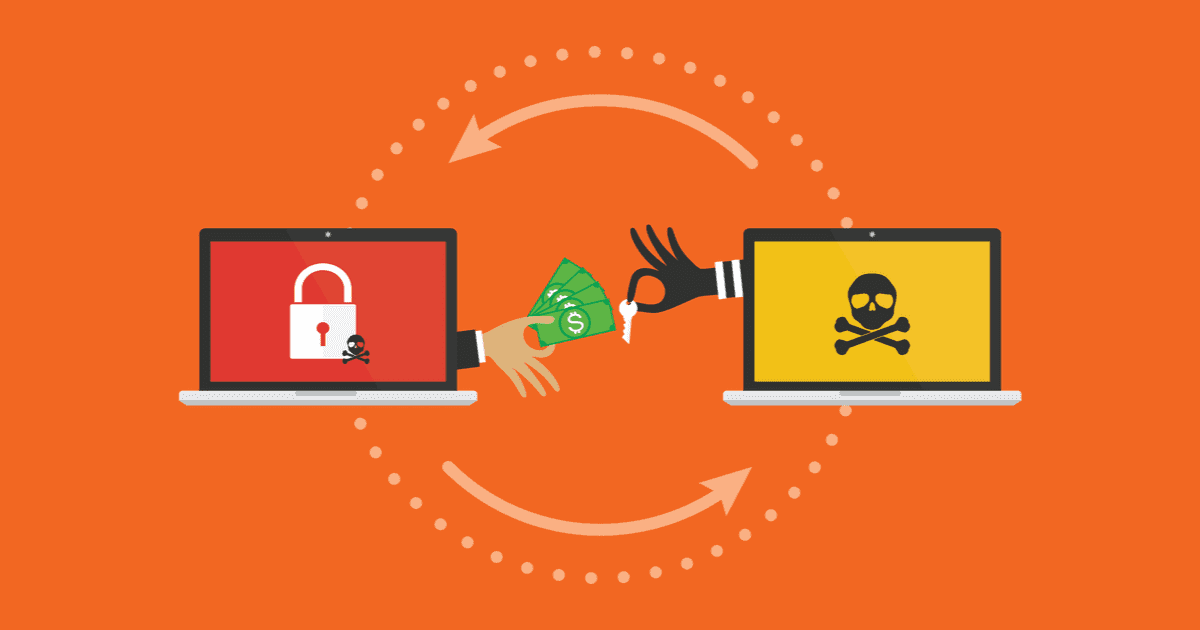Ransomware is one of the scariest cyberattacks to deal with. Typically, a big, alarming message pops up on your computer, alerting you that all of your files have been locked and will be permanently deleted unless you pay a ransom. In this blog, we’ll discuss whether or not to pay ransomware.
When and When Not to Pay Ransomware
In general, you shouldn’t pay the ransom.
The reason, of course, is that there’s no guarantee that you’ll get your files back. There are certainly cases in which victims have coughed up the ransom and received their files without a problem, but there are exponentially more cases in which their files are never returned.
This doesn’t come as much of a surprise, since the people launching ransomware attacks aren’t often the most ethical people in the first place.
However, as far as whether or not to pay ransomware: it varies on a case-by-case basis.
When Not to Pay Ransomware
If any of the following situations apply to you, it’s often recommended not to pay ransomware.
You have good, consistent data backups.
Since the typical ransomware attack targets any backup files present on your computer or network, you’ll most likely be fine if you have backups stored off-site. Simply access the backups and continue business as usual.
You are readily able to enlist the help of a cyber security professional.
People who fall victim to ransomware attacks often spend a decent amount of time trying to remove the malware themselves, with no success. It can seem impossible to overcome a ransomware attack to someone who’s untrained, but many cyber security experts can do so.
You don’t want to be retargeted.
Although there isn’t hard data to support this theory, there is considerable speculation that people who do pay ransoms to retrieve their files are at higher risk of falling victim to a subsequent attack. Essentially, the hackers will put you on a list of people who demonstrated a willingness to pay.
When to Pay Ransomware
The only time paying ransomware should even remotely be considered is when all other options have been exhausted. If you arrive at the conclusion that it will be impossible to get your files back, then paying is a valid consideration.
However, it is important to remember that paying is always a gamble. We cannot stress enough that you should exhaust all other options enough, so it bears repeating.
The best defense against ransomware is to understand what common cyberattacks look like in order to avoid them.
{{cta(‘21368358-003c-4f37-b530-9631af96b096′,’justifycenter’)}}





